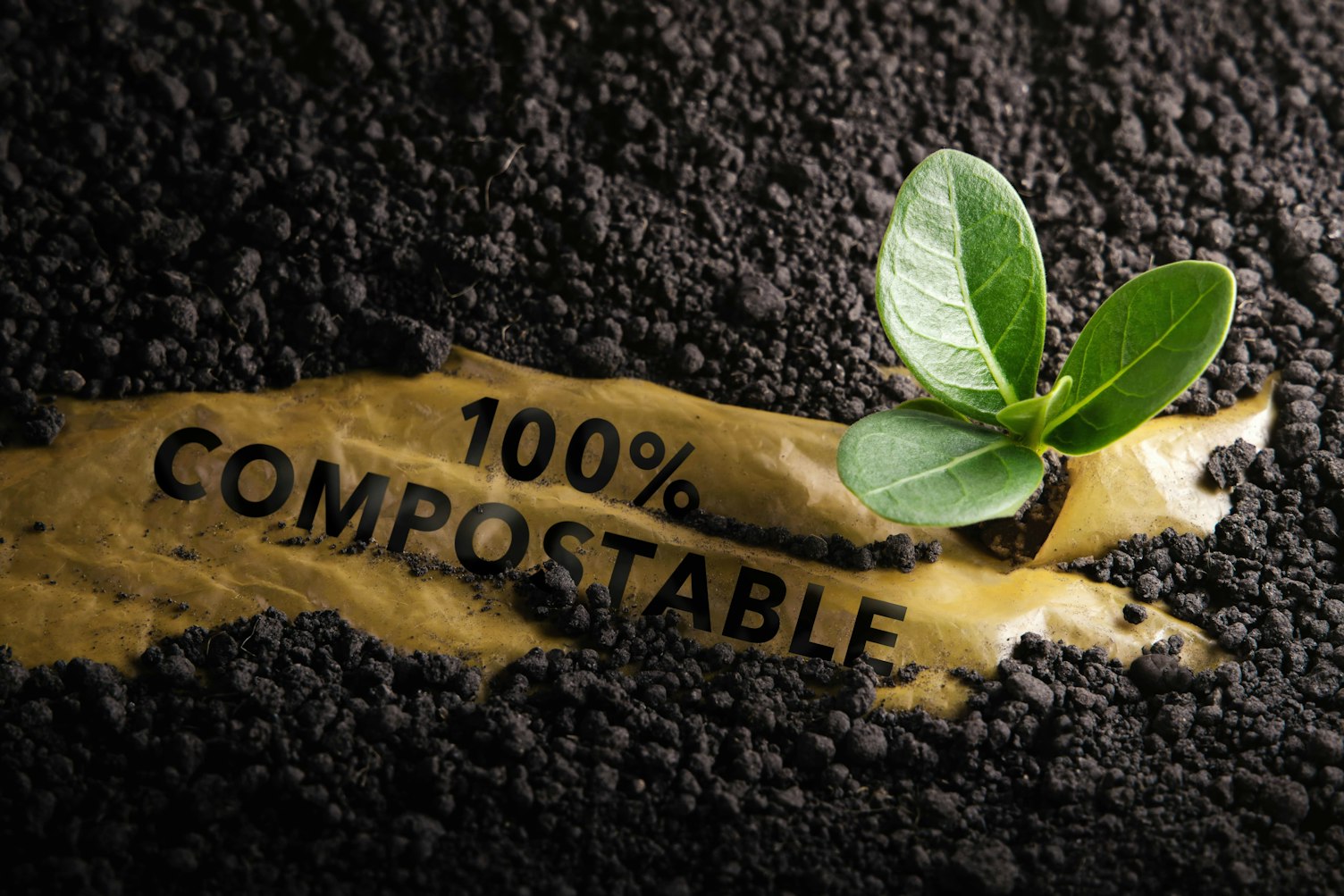Conventional synthetic materials and plastics are associated with a variety of negative environmental impacts, such as microplastic fiber pollution and persistent non-biodegradable waste. Choosing biodegradable or compostable fabrics helps you to reduce your environmental footprint.

What is the difference between biodegradable and compostable?
Biodegradation is a natural process in which organic substances are broken down into smaller compounds by enzymes produced by living microbial organisms. This transformation occurs through metabolic or enzymatic processes.
Compostability indicates the ability of a product, packaging or related component to biodegrade under specific conditions.
Biodegradability and compostability testing
We support manufacturers, suppliers and retailers with a comprehensive range of biodegradability and compostability testing and certification solutions to internationally recognized standards.
Standards include:
- ASTM D5338/ISO 14855Assess the aerobic biodegradation of plastic materials under controlled composting conditions that simulate the conditions found in topsoil, including thermophilic temperatures.
- ASTM D5511Replicate the conditions found in biologically active landfills to determine the anaerobic biodegradation of plastic materials under high-solids anaerobic digestion conditions.
- ASTM D6400Covers the identification and labeling of plastics that are designed to be aerobically composted in municipal and industrial facilities.
- AS 5810Specifies requirements and procedures to determine whether a plastic material is biodegradable in home composting conditions and provides the basis to allow labelling of materials or products made from plastics as ‘home compostable’.
- BS EN 13432Establishes the compostability of plastic-based packaging materials.
- ISO 17088Specifies procedures and requirements for plastics, and products made from plastics, that are suitable for recovery through organic recycling.
- ISO 20136Determines the degree and rate of aerobic biodegradation of different animal hides and skins, regardless of whether or not they are tanned.
Work with our industry-leading experts and evaluate the biodegradability and compostability of your products, ensuring transparency and reliability when assessing environmental impact.
Morro Bento, Rua Projectada S/N,
Municipio da Samba,
Luanda,
Angola













